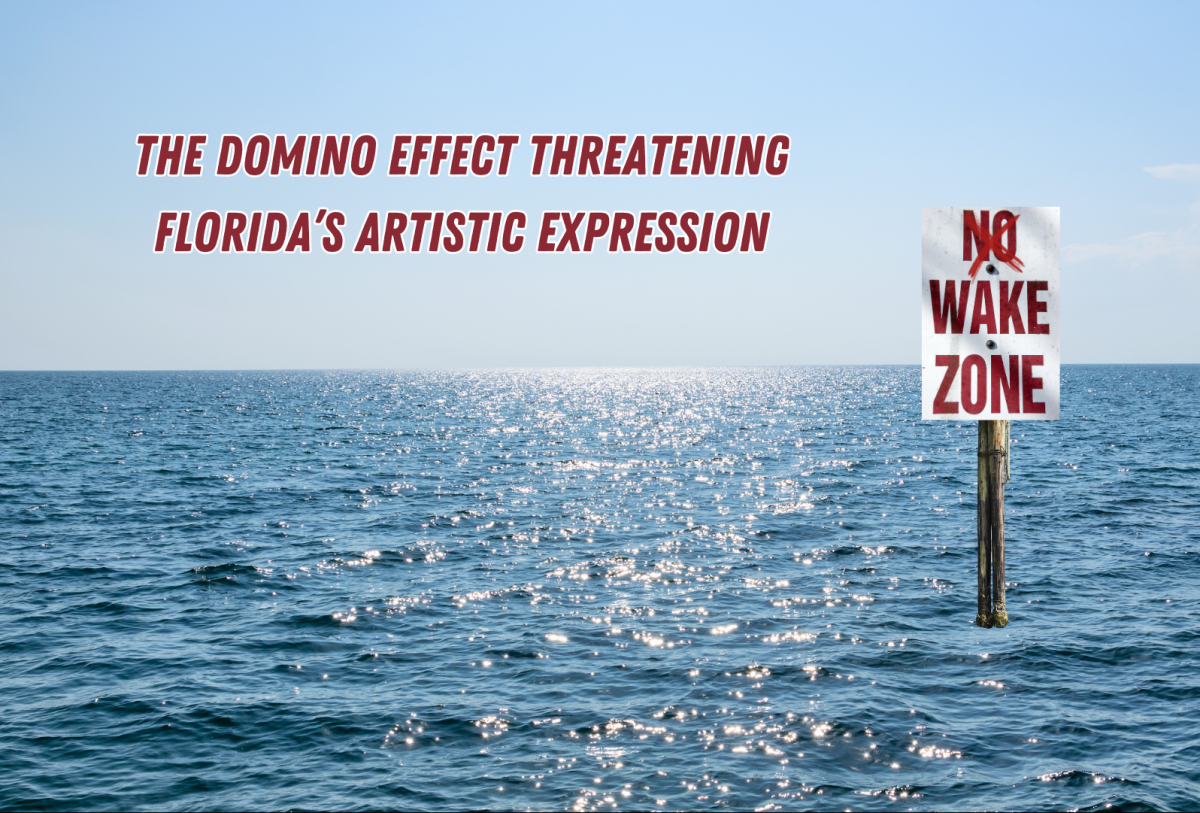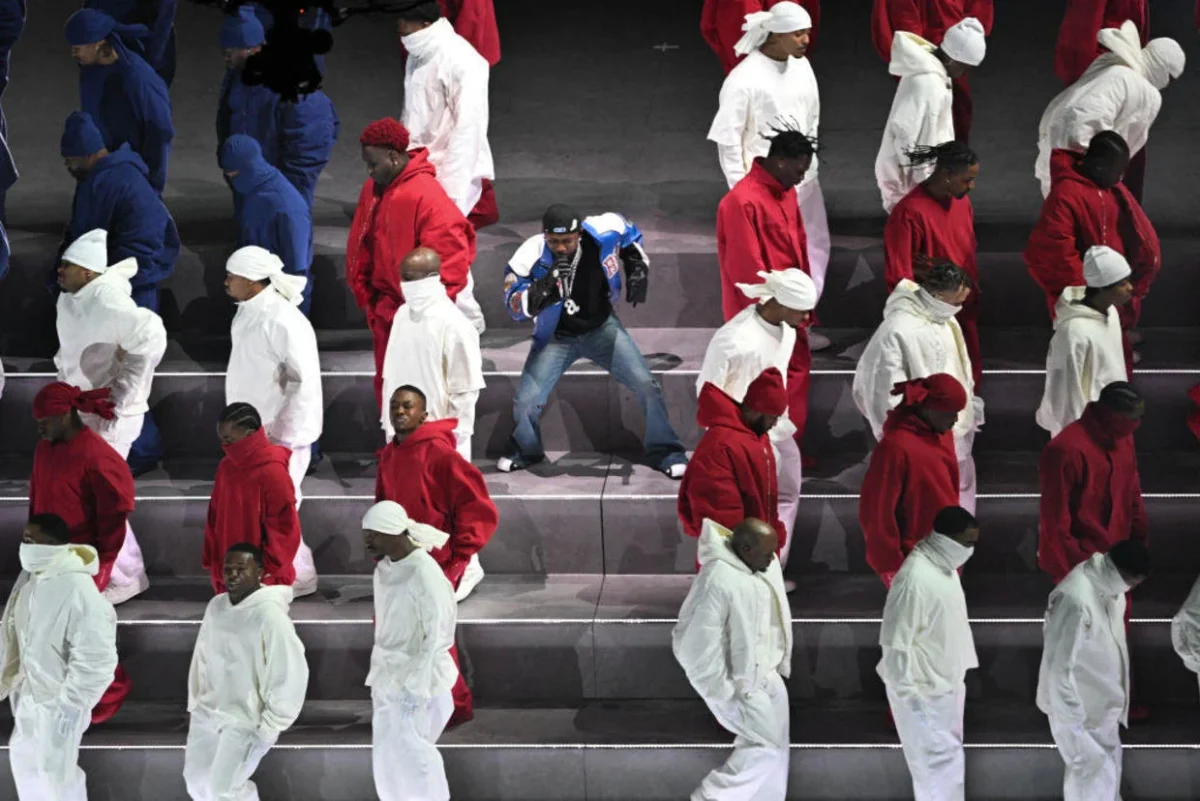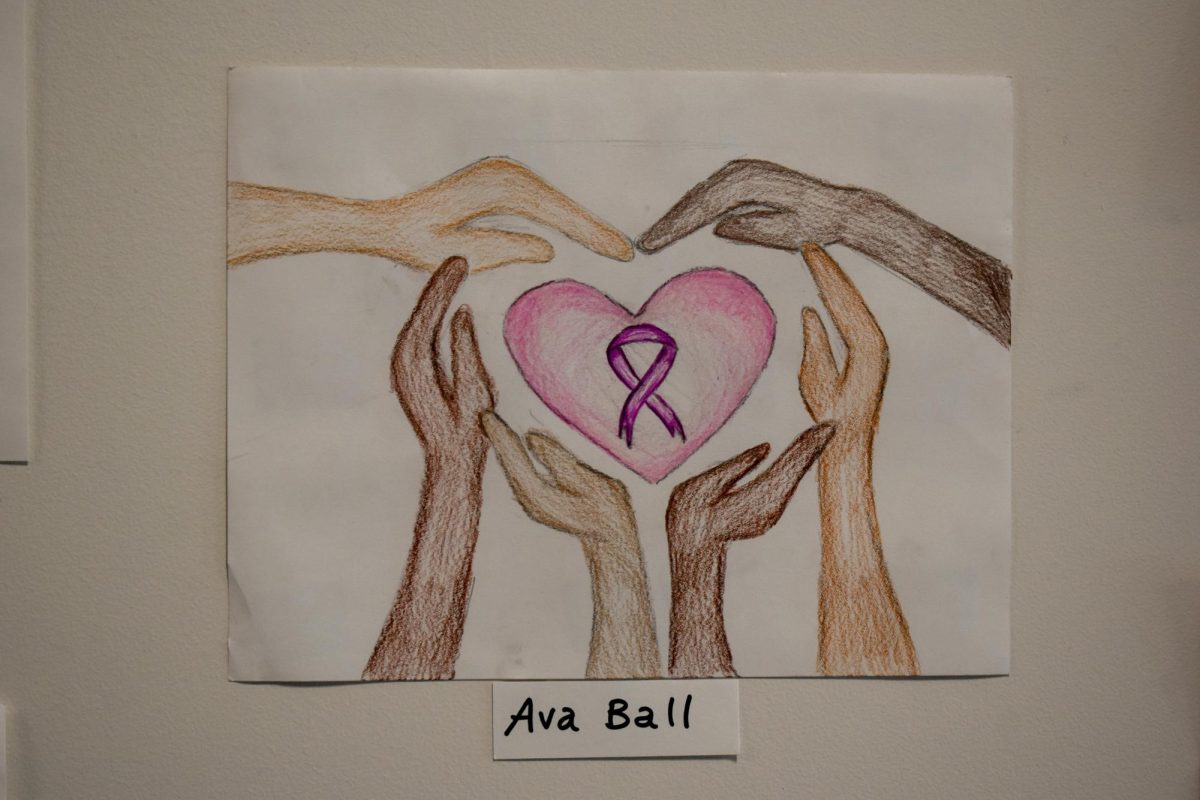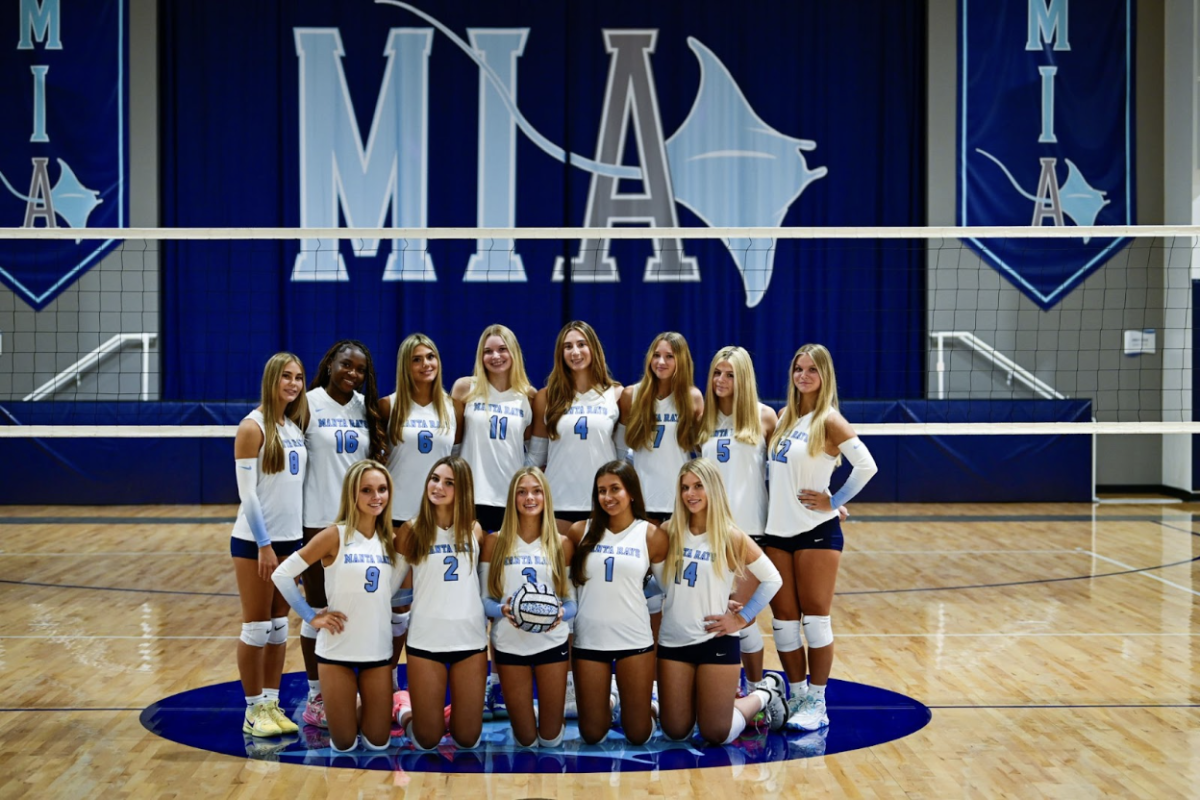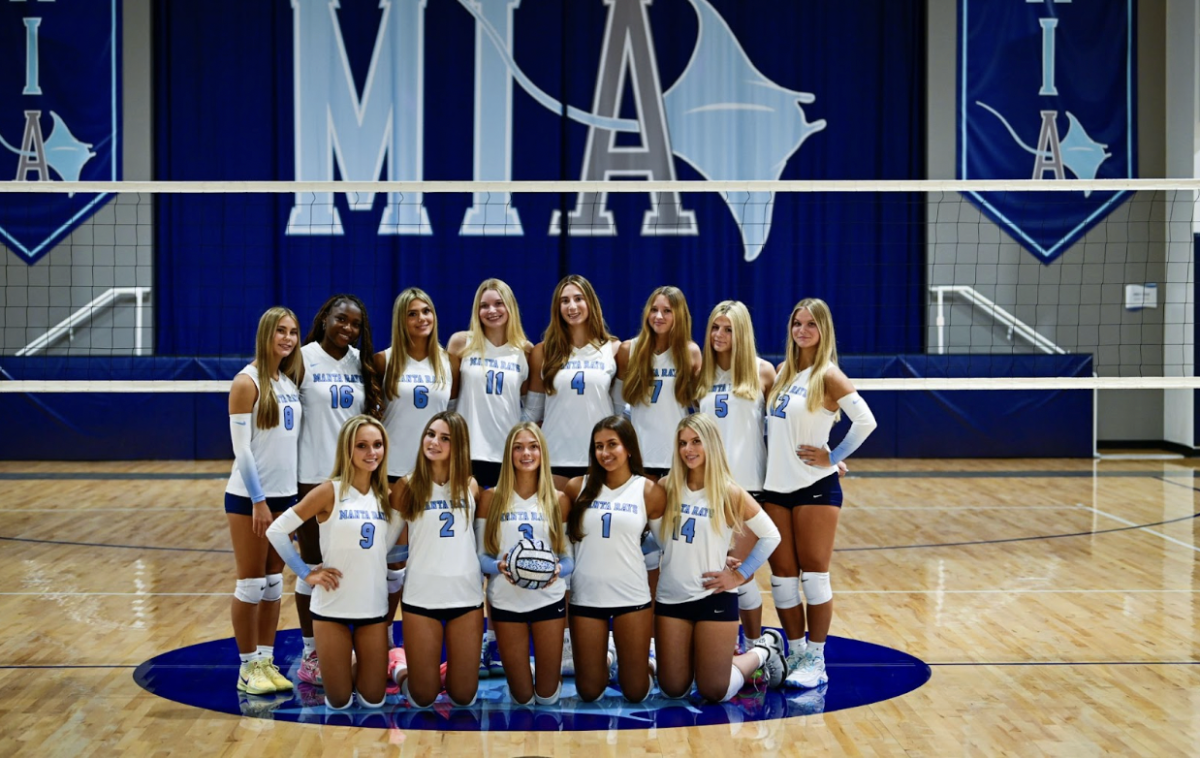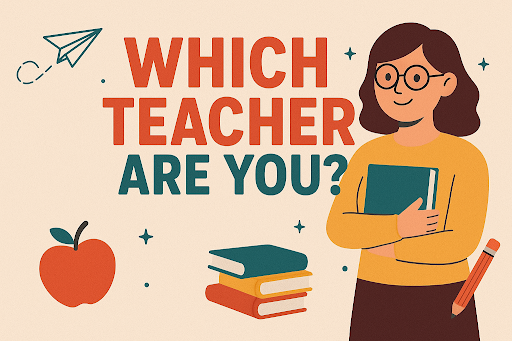In early Spring of last year, a malignant plague began its spread across the state of Florida, demonstrating the newest attempts of dictatorship from the state’s radical right.
Just two years into the efflux of book bans across the United States, the Sunshine State unveiled its newest conduit for the ongoing feud between conservatism and education – a pressure group by the name of Moms for Liberty.
Founded locally in Florida, Moms for Liberty has chapters rooted all across the country, with a total of 285 chapters spanning through 45 states as of July, 2023. Localizing the bandwagon even further, the group has recently established a chapter in Collier County, one of the most densely conservative districts in Florida, home to 73 schools, and nearly 50,000 students.
As provided by the chapter’s mission statement, their aim is to advocate for the “survival of America by unifying, educating, and empowering parents to defend their parental rights at all levels of government.”
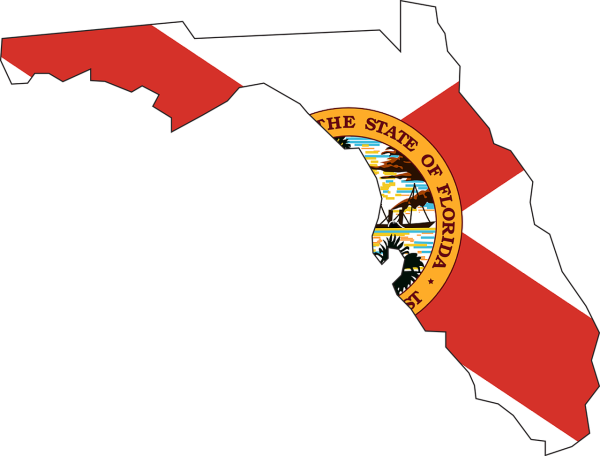
While reportedly carrying out this mission, Moms For Liberty, recently labeled as an extremist group by the Southern Poverty Law Center, has most notably resorted to tackling only the most threatening of issues concerning American students’ well-being; the literature in which they can and cannot be exposed to while receiving their own education.
Following prodding from various Moms for Liberty affiliates over the course of several months, several school districts received Requests for Reconsideration or Review of Instructional Materials, more commonly referred to as “book ban” requests in the state.
Now, just over a year later, Florida’s education system possesses a list of over 1,000 pulled books, 300 of which are banned in Collier County alone.
Some of these flagged titles include literary classics such as “The Handmaid’s Tale” by Margaret Atwood, “Slaughterhouse-Five” by Kurt Vonnegut, and “The Color Purple” by Alice Walker – all of which are titles commonly found in middle and high school curricula. Furthermore, these titles share one distinct commonality: material deemed too mature for students to consume in the eyes of the challengers.
By the term “challengers,” I refer to a group of extremist anti-government warriors who rather selfishly claim the right to define, or rather – redefine – the definition of freedom.
It is no secret that this state, and many of the citizens within it, display a long history of resistance to progression, whether that be within self expression, public safety, or bodily autonomy. However, if there is one thing strong enough to survive their efforts, it’s that freedom maintains, and always will maintain one unchanging definition.
According to the Oxford Dictionary, freedom is defined as the power or right to act, speak, or think as one wants without hindrance or restraint.
Now, if we look at Oxford’s definition of liberty in comparison, there is a clear alliance.
As Oxford defines, liberty is the freedom from arbitrary, despotic, or autocratic control.
Moms for Liberty is a movement that not only advocates for freedom as their principal mission, but hides behind such a strong word within their identity as well. So, to watch a group of this strength so strongly advocate against literature, a historically liberating art form, perfectly demonstrates the monstrous gap expanding in Florida’s system.
Furthermore, a movement choosing to specifically target literature written by those whose voices require the largest amount of representation, represents a distinct motive. A motive against the sole definition of the two words they cling to so desperately.
As extremism continues to surge within the state, relevant groups like Moms for Liberty leave the cancerous effects of a radical mindset on full display. And as of recent events, the recent bans targeting literature may be the single drop of extremism needed to manifest a detrimental ripple towards additional artistic outlets.
In light of Governor Desantis’s infamous “Don’t Say Gay” bill, a nickname coined to the Parental Rights in Education bill signed in March of 2022, censorship has taken its most recent role on stage.
Last January, in sunny Duval County located in Jacksonville, administrators at Douglas Anderson School of the Arts halted their production of the drama “Indecent” by Paula Vogel. Due to its content, which features a same sex love affair between two women, the production was deemed too mature to be performed by a high school, and was shut down only a few weeks after casting was finalized.
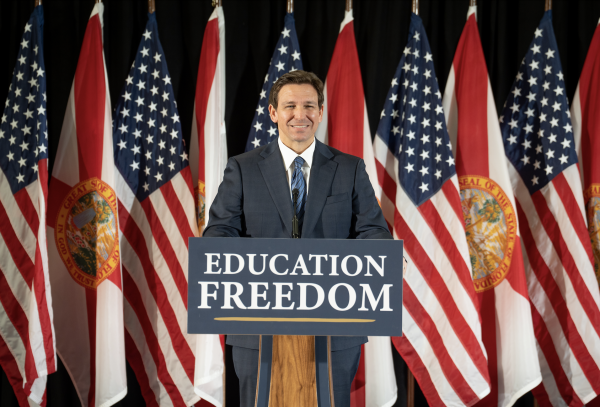
In light of the ongoing limitations on educational material across Florida, concern for the autonomy of creative expression is growing among the state.
In a public statement released soon after, multiple free speech groups such as PEN America, the Dramatists Legal Defense Fund, and the National Coalition Against Censorship expressed their concern over the matter, even calling out the administration’s supposed hypocrisy in approving their shows.
The organizations stated, “Indecent” is a critically acclaimed and award-winning 2015 play by Paula Vogel that possesses rich educational and artistic merit.” Expanding on the crucial timeliness of the production, they shared, “Indecent” takes inspiration from the origins and story of “God of Vengeance,” its subsequent obscenity trial, and its aftermath, to explore themes of LGBTQ+ rights, immigration, censorship, and antisemitism in the early 20th Century—themes which have striking relevance to the issues facing society today.”
The statement similarly questioned the ironic duplicity of administration, calling out several past productions like “Rent” and “Chicago,” shows that display equally as much – if not more – sexual and mature content than “Indecent,” yet gained approval without difficulty.
“If vaguely-defined adult sexual dialog’ is reason enough to ban plays from school productions, these, and many other canonical productions would be banned from student theaters—”Romeo and Juliet” for depicting sexually active teens, “Oedipus Rex” for its incestual themes, and other works that have serious literary and artistic value for students and community members.”
And in an effort of displaying just how significant literary and artistic values are to Florida’s educational board, Hillsborough County has done just that.
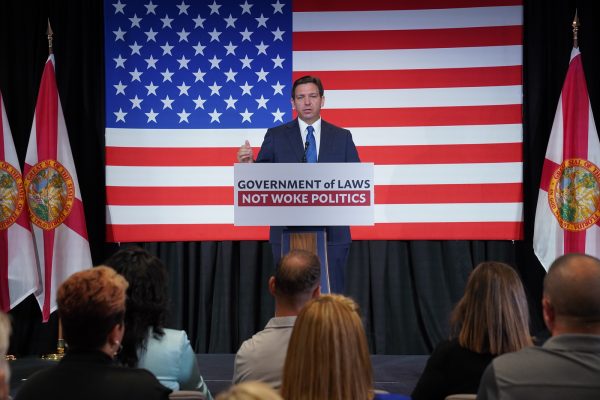
Just days before the start of the school year, on August 8th, 2023, the Hillsborough County school board announced that in correspondence with the previously mentioned Parental Rights in Education bill, students are no longer permitted to read many prominent Shakespeare works in full.
Justified by the trace amounts of sexual content, “Romeo and Juliet,” and accompanying titles such as “Macbeth” and “Hamlet” have now been reduced to approved excerpts to ensure that students are not exposed to any explicit scenes within the pages of these works.
This ironic correspondence not only demonstrates the perilous pattern unfolding within Florida’s education system, but reveals how what may begin as an exaggerated rationalization of our logic, can soon turn into reality.
As a student, I can understand that in the eyes of our “protectors,” we are at our most vulnerable between the stages of elementary school, onward to high school. However, as a young woman who carries a strong passion for both the arts and justice, I hold a strong conviction that these efforts towards “protection” are rather a masked gateway for suppression.
Speaking quite bluntly, freedom of expression is a fundamental human right. Correspondingly, freedom has, and always will thrive through artistic expression.
So, by restricting, censoring, and prohibiting the voices of creators practicing their birth-given right to express themselves without trial, are we not infringing upon “freedoms” defining characteristic?
Perhaps that seven letter word becomes just another voluntary suggestion when it concerns the matters of anyone other than privileged extremists and those who depend on them.
Society’s ability to progress and properly address its issues largely stems from the strength and courage of authors, artists, and creators. When their right to express themselves freely is denied by the ignorance of those in power, the consequences serve as a bitter reminder of the hypocrisy our system proudly stands on.
In the depths of art’s history, the right to freedom of expression has faced continuous hostility. Traditionally, individuals, governments, or groups with specific motives disapprove of what an individual promotes in their artwork, ultimately leading up to the silencing or banning of that artists’ creation.
This trend has victimized pieces of all classifications, ironically proving that censorship holds no discrimination when dealing with pieces attached to true creative liberty and self expression.
When Pablo Picasso’s “Guernica,” a graphic painting representing the catastrophic effects of the city’s bombing was deemed “subversive” during the Nazi’s occupation of France in 1937, it was removed and hidden away until the end of WWII.

When George Orwell’s “Nineteen Eighty-four,” a dystopian novel aimed to warn against the threat of totalitarianism was viewed as an unappreciated commentary on Stalin’s rule of the Soviet Union, a territorial ban was placed on the piece until 1988.
The following year in 1989, The Guerilla Girls, a feminist group of activist artists known for their use of absurd imagery, facts, and humor created a billboard for the Public Art Fund in New York. The billboard, which was captioned, “Do women have to be naked to get into the Met. Museum?” and featured the backside of an undressed woman wearing a Gorilla mask, was then rejected by the organization due to its imagery being “too provocative.” The Guerilla Girls later rented space on New York City buses to display the project, and advocate for the museum’s exploitation of women and lack of representation for female artists.
If there is one lesson to learn from the incidents, let it be that history never fails to repeat itself if we do not learn from the past.
The risk of losing autonomy over various other forms of art exists. It begins with a book ban. Then, a high school’s spring play is shut down. Just two months later, a principal is asked to resign from her position after showing students a photo of Michalangelo’s statue of “David.” Next, it could be censorship of the music students are permitted to listen to on campus, or strict regulations towards school dance teams. Perhaps it’s severe restrictions on the student artwork displayed innocently in the halls.
What so many struggle – and refuse – to see, is that the profanity printed on the page of a teen novel, or the same-sex couple holding hands on the stage of a high school auditorium is not the threat.
From a single book review form, the state of Florida has placed its first set of dominoes. Consequentially, it is this smothering chain of reaction that finds itself capable of providing the answer to Florida’s festering question: to what extent will the state go to ensure that freedom of expression is as far suppressed as possible, covered by all grounds?
That is the threat.


